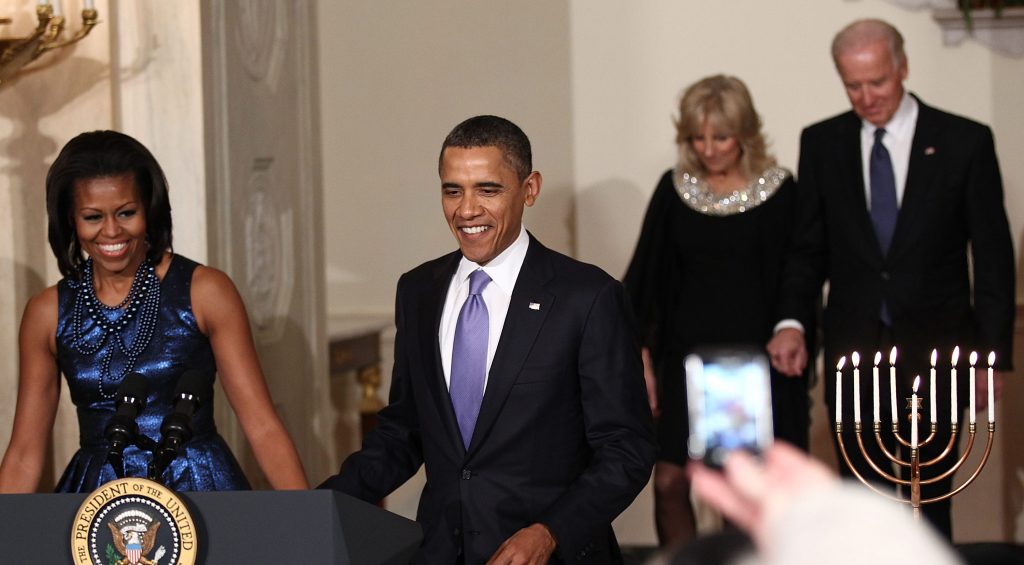- Americans are the most upset about the economy since the rebound from the Great Recession.
- The University of Michigan's sentiment index fell to 59.1 in May, marking the lowest level since 2011.
- The economy is still rebounding at an extraordinary pace, but inflation has Americans feeling dismal.
A lot of things have changed since 2011: iPods are dead, Joe Biden has dropped the vice from vice president, and Jennifer Lopez had just separated from Marc Anthony.
But, in 2011, the country was slowly recovering from the depths of the Great Recession. While that's not the case today — the economic recovery from the pandemic's economic fallout has been charging along — Americans aren't feeling good. In fact, it's an early-2010's flashback: Americans feel as glum about the economy now as they did in the painfully sloth-like rebound from the 2008 financial crisis. They really, really hate the economy.
A preliminary Friday reading of the University of Michigan Consumer Sentiment's tracker shows that consumer sentiment fell to 59.1 in May, reaching its lowest point since August 2011. That's a dip from 65.2 in April, when Americans suddenly started to feel a whole lot better about the economy.
Hopes for the recovery moving forward also slumped. The university's index of consumer expectations tracking views on where the economy is headed in the near future plunged to 56.3 from 62.5, similarly reversing much of the progress seen in recent months.
The biggest concern for Americans is sky-high inflation. 36% of consumers surveyed by the University of Michigan said their negative outlook stemmed from inflation. To their credit, there's plenty to worry about. Data published Wednesday showed prices for common goods and services climbing 8.3% in the year through April. While that reflected slightly slower inflation than in March, it still came in above economists' forecasts and marked the second-fastest price growth since 1981.
Americans polled by Gallup felt similarly: In April, Gallup's Economic Confidence Index lingered at -39. While that's not as bad as the immediate fallout from the Great Recession, it's still lower than 2011's -37. It's also worse than April 2020's reading, which came as the first coronavirus wave in the US triggered lockdowns and over 20 million layoffs over two months.
Inflation was also on respondents' minds in the Gallup poll, cited by 17% as the top economic problem in the country.
And, in case it wasn't clear enough that Americans are pretty darn worried about inflation, a recent Pew Research Center survey of over 5,000 adults found that 70% view it as a "very big problem" for the country — a higher percentage than those who said the same of climate change, gun violence, and affordability of healthcare.
The bleak sentiment readings reveal Americans are far more focused on rising prices than the extraordinary strength of the economic recovery. The US has recouped about 95% of the jobs it lost at the start of the pandemic recession. Spending, while slowing in recent months, remains at record highs. Wages grew at the fastest pace in at least two decades through the first quarter, and the persistence of the labor shortage will likely keep pay climbing in the months ahead.
So, even as good data on the economy rolls in — and there's a lot of it — people still feel pretty miserable.
